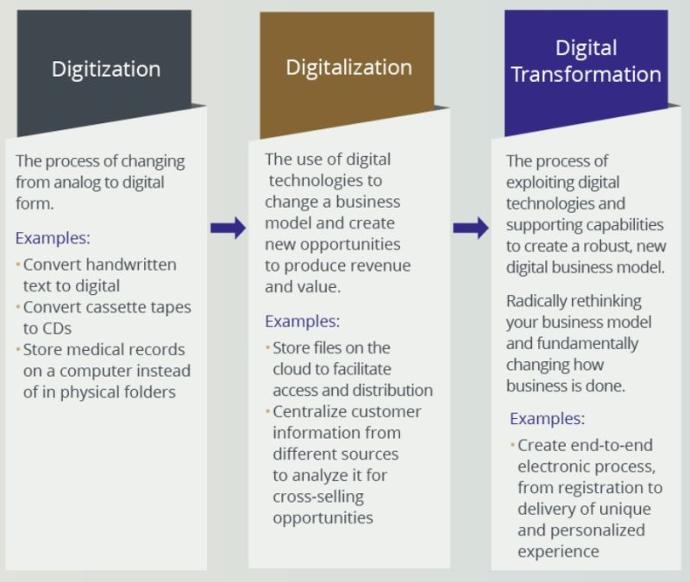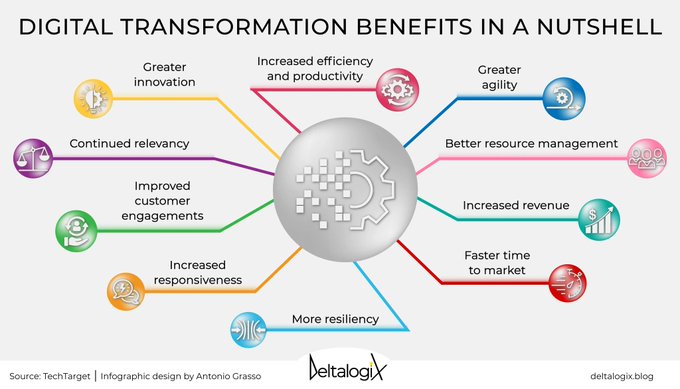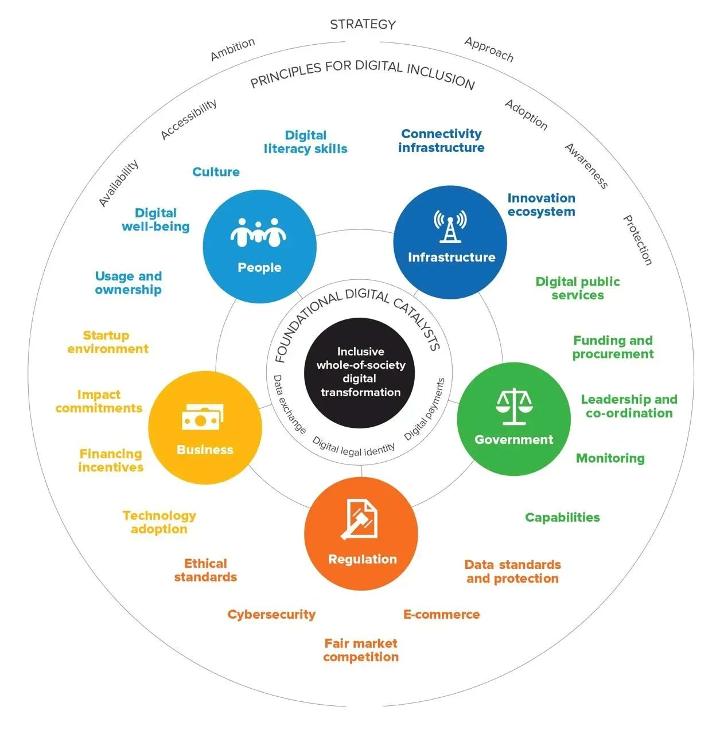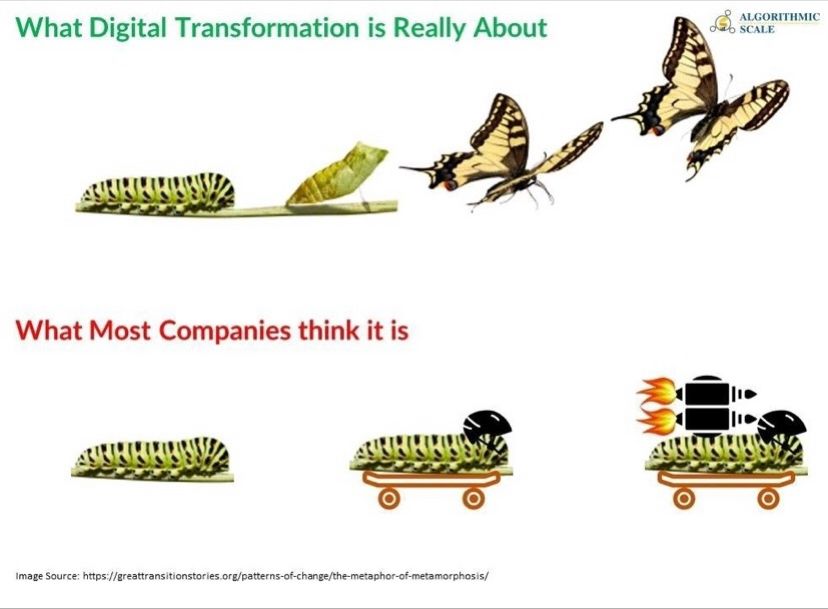Not every change is a digital transformation. Digital transformation is a "container word" nowadays. I prefer to use a number of definitions to show the impact : Not every change is a digital transformation. Digital transformation is a "container word" nowadays. I prefer to use a number of definitions to show the impact :

Digitization : using technology to increase efficiency
Digitization refers to the process of converting information or data into a digital format. This usually involves converting analog information, such as audio or video recordings, into a digital format that can be stored and accessed on a computer or other digital device. Digitization can also involve creating digital versions of documents, images, or other types of information that were previously only available in a physical format.
The process of digitization has many benefits. It allows information to be easily shared and accessed by a wide audience, and it enables the use of advanced technologies, such as machine learning and artificial intelligence, to analyze and interpret the data. It also makes it easier to preserve and protect information, as digital files can be easily backed up and stored.
Overall, digitization plays a key role today (war for talent, efficiency pressure,…) and has transformed the way we access, use, and share information.
Digitalization : the use of technology to transform processess.
=> technology+processes
Digitalization refers to the use of digital technologies to transform traditional processes, industries, and societies. It involves the integration of digital technologies into all aspects of life and work, including communication, transportation, education, healthcare, and more.
Digitalization has the potential to bring about significant changes and improvements in various areas. It can increase efficiency, improve access to information and services, and enable the use of advanced technologies, such as machine learning and artificial intelligence. It can also facilitate the creation of new business models and opportunities, and drive innovation and growth.
Overall, digitalization represents a shift towards more digital business and economy, in which traditional analog processes and systems are replaced or drastically improved by digital ones. It is an ongoing process that is expected to continue to shape and transform various aspects of our lives in the future
Digital Transforomation: Fundamental change in operating model =>
People - Processes and Technology
Digital transformation refers to the integration of digital technologies into all areas of a business, resulting in fundamental changes to how the business operates and delivers value to customers. It involves the use of technologies such as artificial intelligence, the internet of things, and cloud computing to automate and improve business processes, as well as to create new business models and revenue streams.
Digital transformation can have significant benefits for businesses, including increased efficiency, improved customer experience, and the ability to tap into new markets and opportunities. It can also help businesses stay competitive in an increasingly digital world.

However, digital transformation is often a complex and challenging process, requiring significant investments in technology and skills. It often involves cultural and organizational changes, as well as the need to adapt to new ways of working and interacting with customers.

Overall, digital transformation represents a shift towards a more digital and technology-driven business environment, and it is an ongoing process that is expected to continue to shape and transform businesses in the future.
